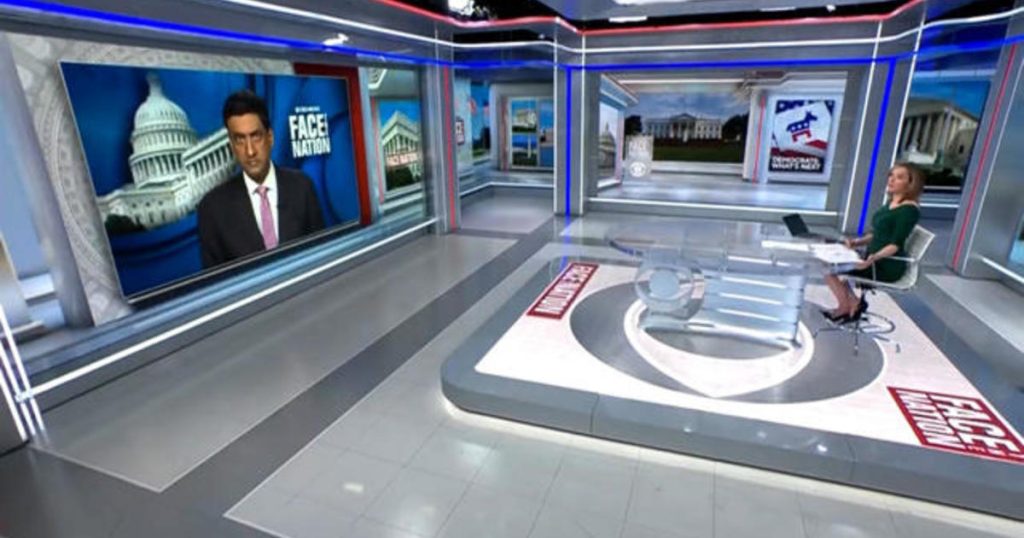Democratic Representative Ro Khanna emphasized the importance of the Democratic Party having a vision for building new factories, raising the minimum wage, and addressing issues such as child care. He believes that the party needs to focus on presenting a better economic story to the public. Neel Kashkari, the president of the Minneapolis Federal Reserve, discussed the possibility of another interest rate cut after the December Fed meeting, stating that it is certainly possible. Karen Pierce, Britain’s ambassador to the U.S., commented on the world’s reaction to President-elect Trump’s return to the White House, stating that it is difficult for any single European leader to predict his actions.
The segment on “Face the Nation with Margaret Brennan” highlighted the differing perspectives of key figures in politics and finance. Representative Ro Khanna’s focus on economic issues such as raising the minimum wage and supporting the manufacturing sector reflects the ongoing debate within the Democratic Party on how to appeal to voters. Neel Kashkari’s assessment of the possibility of an interest rate cut indicates potential actions by the Federal Reserve to address economic conditions. Karen Pierce’s commentary on the world’s uncertainty surrounding President-elect Trump’s actions reflects the global impact of U.S. leadership decisions.
Ro Khanna’s call for the Democratic Party to present a clear vision for economic policies aligns with wider discussions on how political parties can attract support from a diverse electorate. By emphasizing issues such as raising the minimum wage and supporting manufacturing, Khanna suggests a focus on improving economic conditions for working families. Kashkari’s assessment of potential interest rate cuts indicates the challenges facing the Federal Reserve in managing economic stability. Pierce’s comments on the global response to U.S. leadership changes underscore the interconnected nature of international relations and the significance of U.S. foreign policy decisions.
The discussions on “Face the Nation” illustrate the complexity of political and economic challenges facing the United States and the world. Khanna’s emphasis on the Democratic Party’s need for a strong economic vision aligns with ongoing debates within the party on how best to address economic inequality and support working-class Americans. Kashkari’s assessment of potential interest rate cuts highlights the Federal Reserve’s role in shaping economic policy and responding to changing conditions. Pierce’s observations on global reactions to U.S. leadership changes underscore the importance of U.S. foreign policy decisions on the international stage.
Overall, the segment on “Face the Nation with Margaret Brennan” provides insights into key issues facing the U.S. and the world, including economic policy, international relations, and political dynamics. The perspectives shared by Ro Khanna, Neel Kashkari, and Karen Pierce offer a snapshot of the diverse viewpoints within politics, finance, and diplomacy. As the U.S. navigates challenging economic conditions and shifts in leadership, the discussions on the show highlight the importance of addressing these issues with a clear vision and strategic approach. The ongoing debates and decisions in these areas will continue to shape the future trajectory of the U.S. and its role in the global community.


